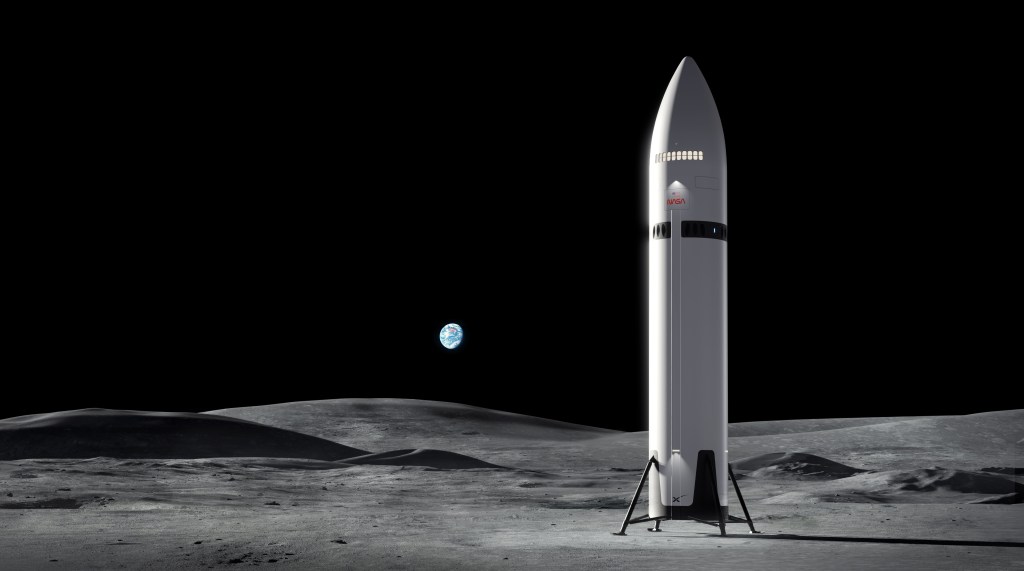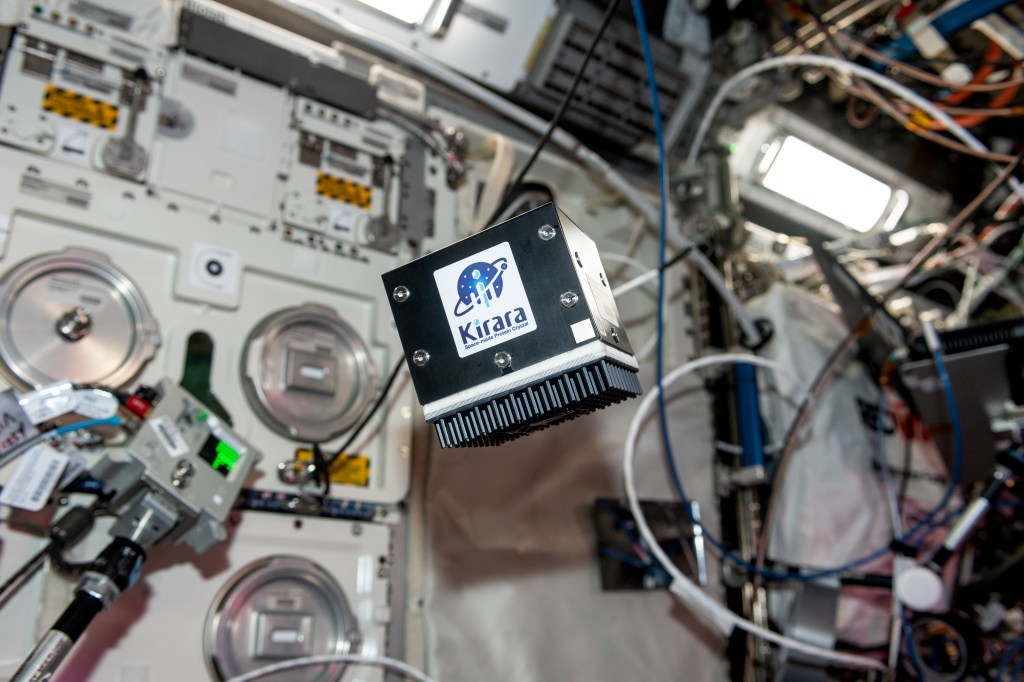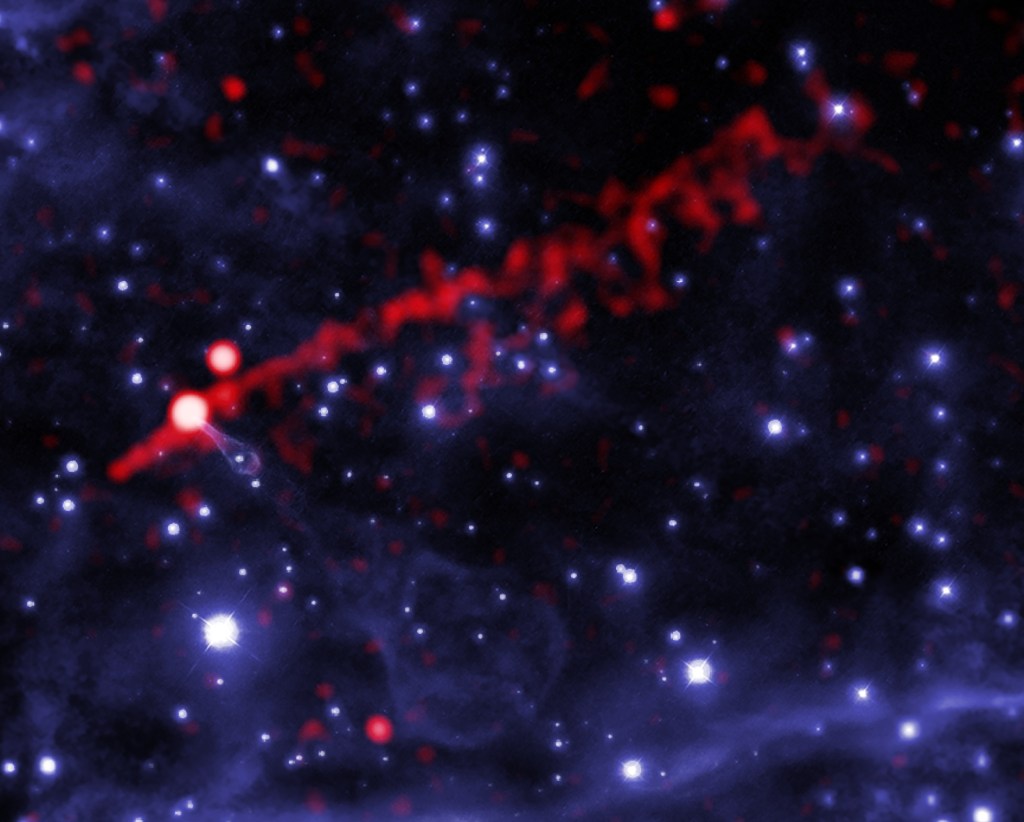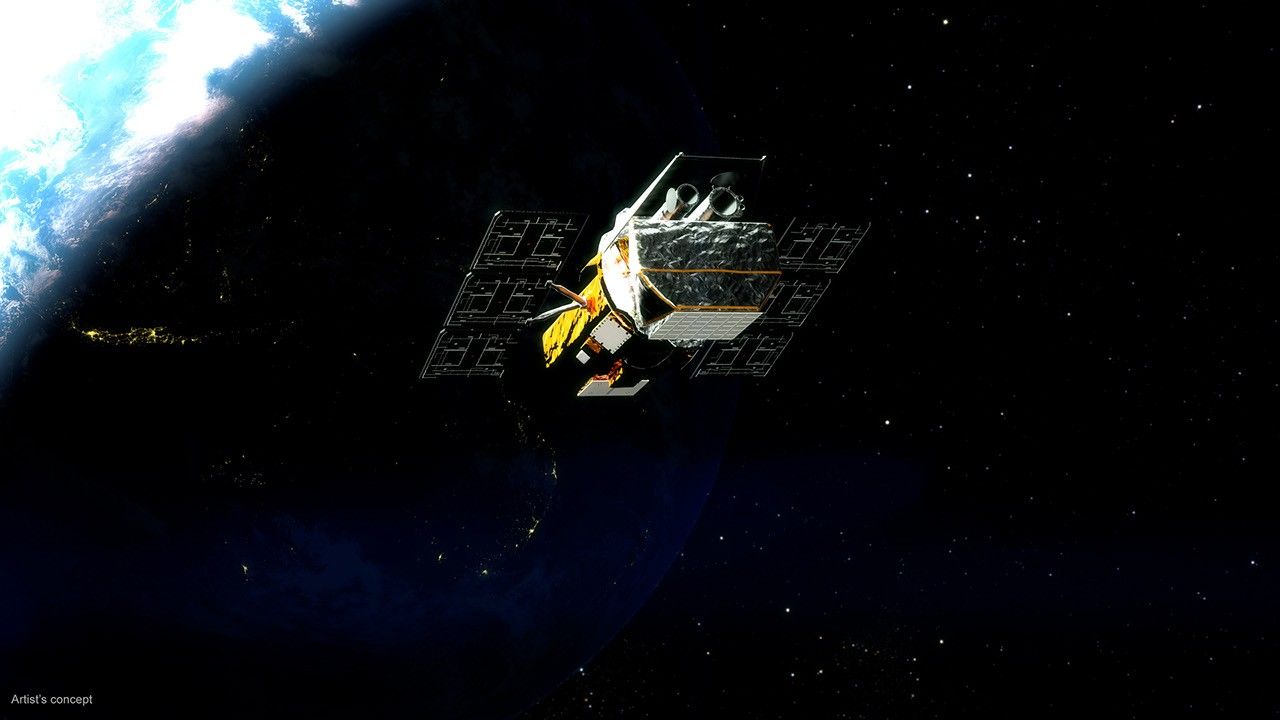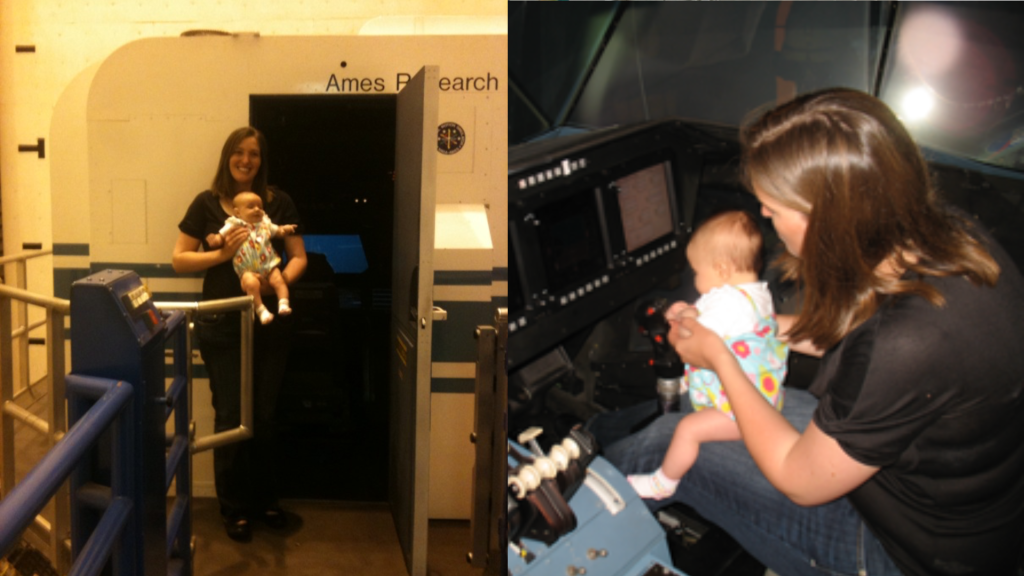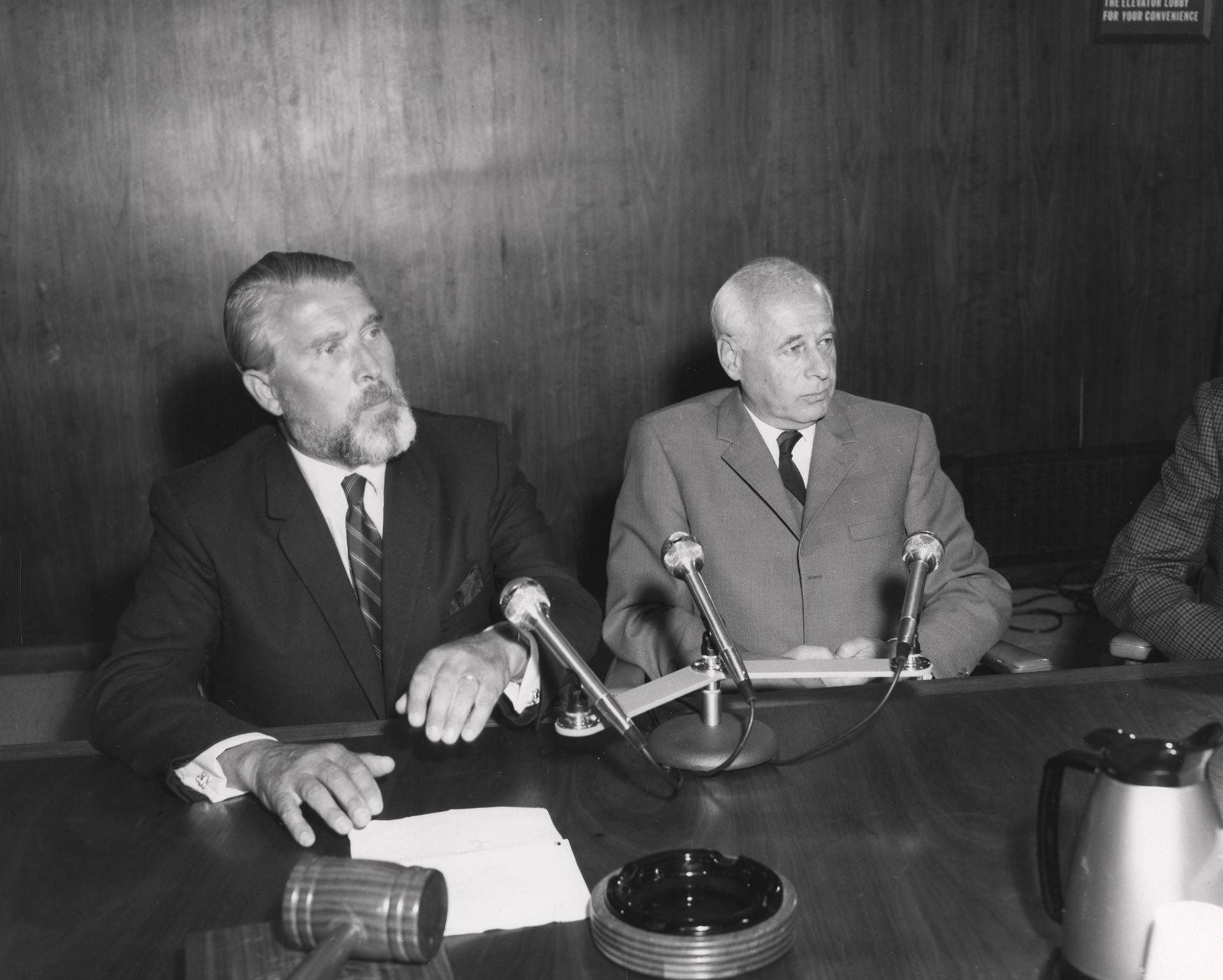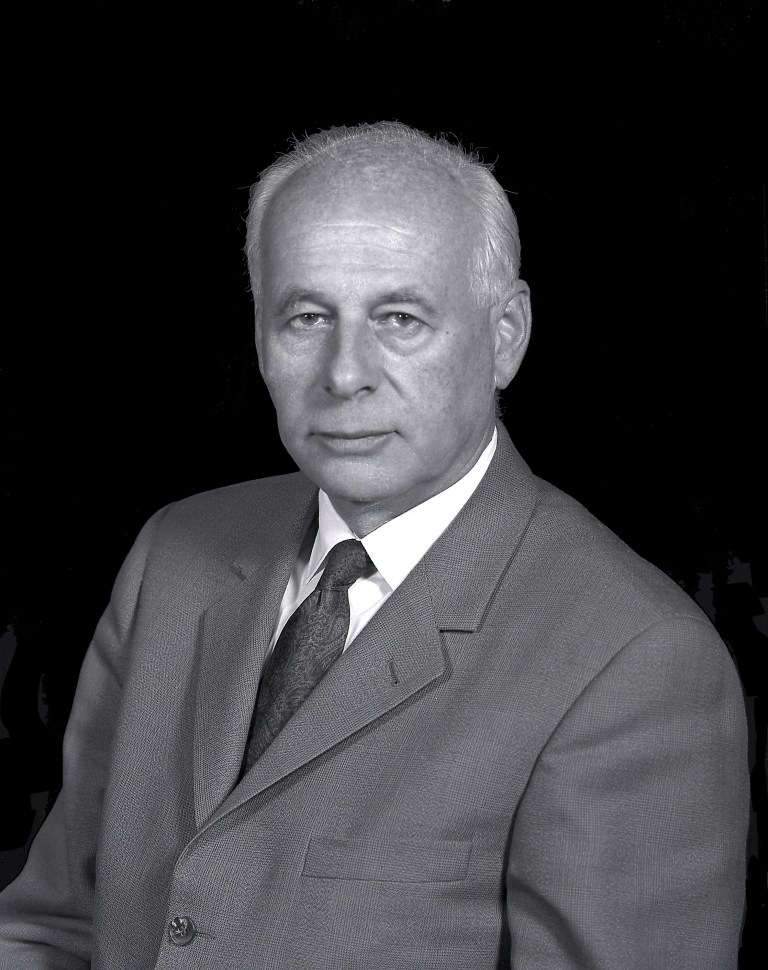
Eberhard Rees
Former Center Director at Marshall Space Flight Center (1970–1973)
Born April 28, 1908, in Trossingen, Wuerttenberg, Germany, Rees received his scientific and engineering education in Stuttgart and at the Dresden Institute of Technology. His studies focused on thermodynamics, engine design, production planning and methods development. After graduating in 1934, he became assistant to the manager of a steel mill in Leipzig, Germany. In 1940 he became technical plant manager of the German Guided Missile Center at Peenemünde. As World War II ended, Rees was among the German rocket experts that surrendered to Allied forces and emigrated from Germany to work for the U. S. Army. Initially assigned to Fort Bliss, Texas, Rees and other members of the Wernher von Braun team were eventually transferred to Redstone Arsenal in Huntsville. Assigned to the Army Ballistic Missile Agency, Rees served as Deputy Director of Development Operations.
On January 31, 1958, the von Braun team used a modified Jupiter-C rocket to launch Explorer I, America’s first orbiting satellite. Two years later, with von Braun as Director and Rees as Deputy for Technical and Scientific Matters, the Marshall Center was created. There an expanded team would develop the Saturn rockets that launched humans to the moon in 1969. As the Apollo program drew to a close, von Braun transferred to NASA Headquarters, and Rees became Center Director.
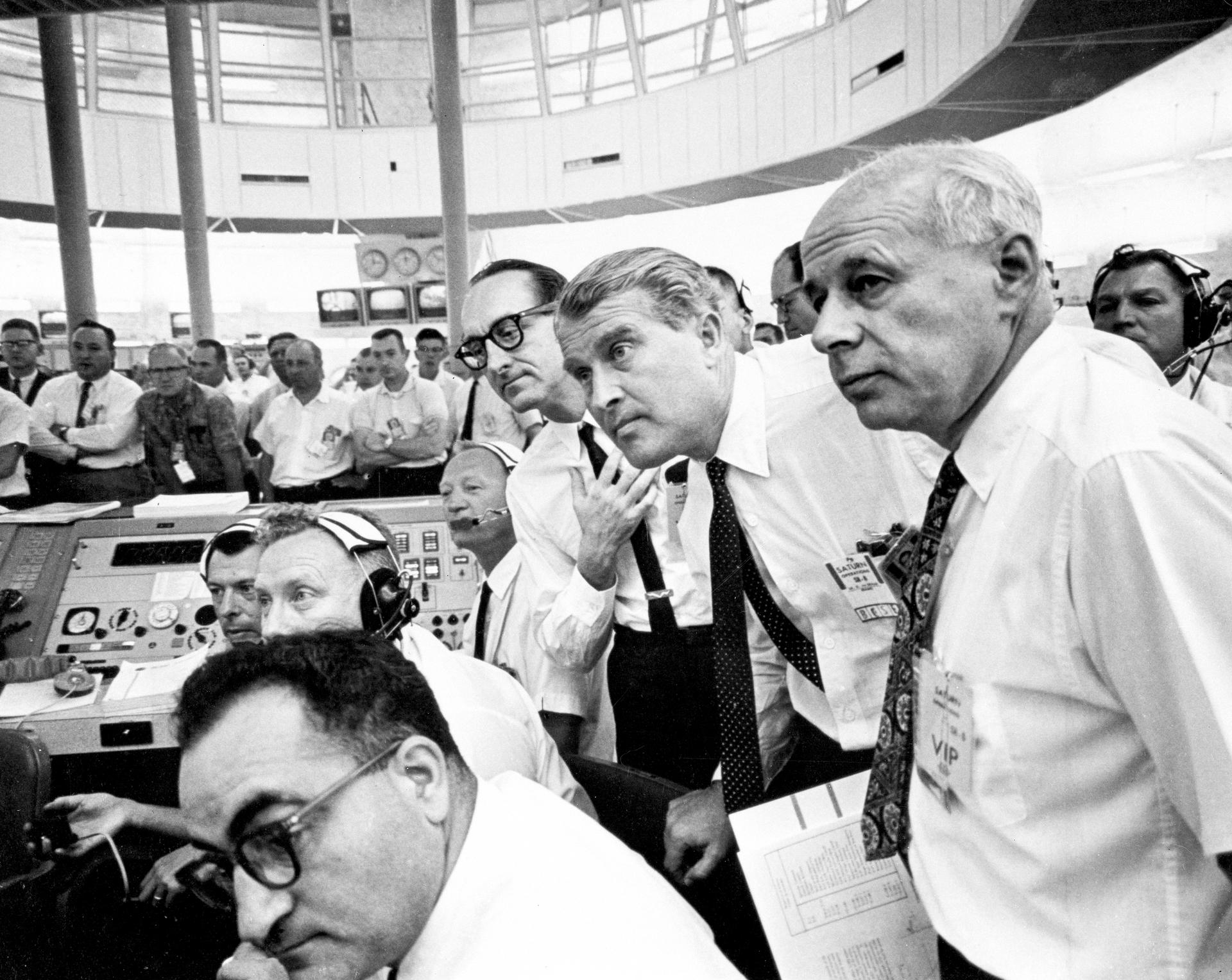
A von Braun biography, written by Marshall-retiree Dr. Ernst Stuhlinger, quotes George Mueller, NASA Associate Administrator for Manned Space Flight during the Apollo era: “Wernher and Eberhard were a great team. Wernher was the outgoing one. Eberhard the practical one”
Rees was practical, and he was a realist when it came to space program management. When the Apollo Saturn Program was inaugurated in the early 1960s, the adolescent NASA organization had no comprehensive management apparatus, space historian Roger Bilstein once wrote. According to Rees, the system developed after ‘”some painful experiences” during the early development period. Bilstein captured Rees’ frustration with one Saturn contractor. “For me, it is just unbearable to deal further with a non-performing contractor who has the government tightly over a barrel when it comes to a multibillion dollar venture of such national importance as the Apollo program.” An official biographical sketch published in 1972 by the Marshall Center said, “Dr. Rees is known for his unrelenting insistence on technical excellence and meticulous accuracy in performance.”
As Von Braun’s deputy, Rees ironed out the kinks in Saturn management. As Marshall’s second Center Director, he continued to manage the Saturn/Apollo program and implemented Skylab. “With Skylab we are not concerned primarily with flying a spacecraft. We are concerned with the important aims of living and working in Earth orbit and conducting the experiments that will eventually lead to many beneficial results,” said Rees, who also directed the Lunar Roving Vehicle, a program once described as a “tribute to his leadership.”
Rees managed Marshall-related space hardware and tackled difficult institutional challenges as well. As the Apollo program ended, the Marshall Center faced the grim realities of workforce cuts and fiscal reductions. Those who sacrificed during and following Saturn, and those who survived to build the Shuttle were, said Rees, “the bold ones who stepped out into this new frontier and made possible these great new dreams and new benefits that mankind is only just beginning to realize.”





